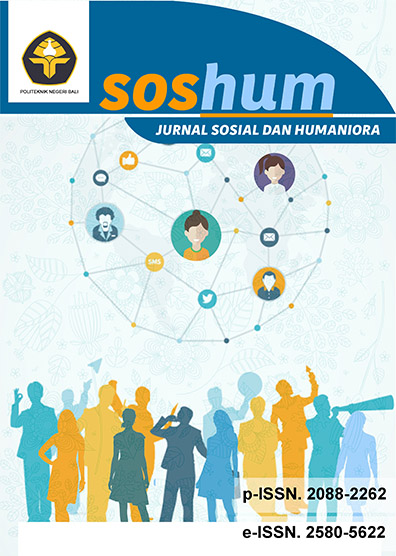Review of Government Policy Toward Social Welfare and Sustainabillity of The Tourism Industry
Abstract
The rapid growth of the tourism industry creates various pressures on the coastal zone areas, increasing urbanization flows, extremely tight job competition, and greater social conflicts. The pressure on the coastal zone has been used as tourism objects. This resulted in the urban flow into the tourism industry becomes very high. Government policies that are more likely to support the development of the tourism industry resulted in lower economic growth from the agriculture sector and other industries. The purpose of this research is to analyze the government's policy toward the sustainability of the tourism sector, and the impact of government policies on the welfare of urban communities. Data were collected by survey method, accidental interview, mass media documentation. The results show that government policies lead to social and cultural conflicts. Government policies that tend to the development of the tourism industry cause people's behavior tend to consumerism, job opportunities competition is getting tighter, so the welfare and happiness of society decreases. The impact of government policies raises the greater social costs of society that are used to enhance the attractiveness of tourism, resulting in individual social pressures.




.png)



